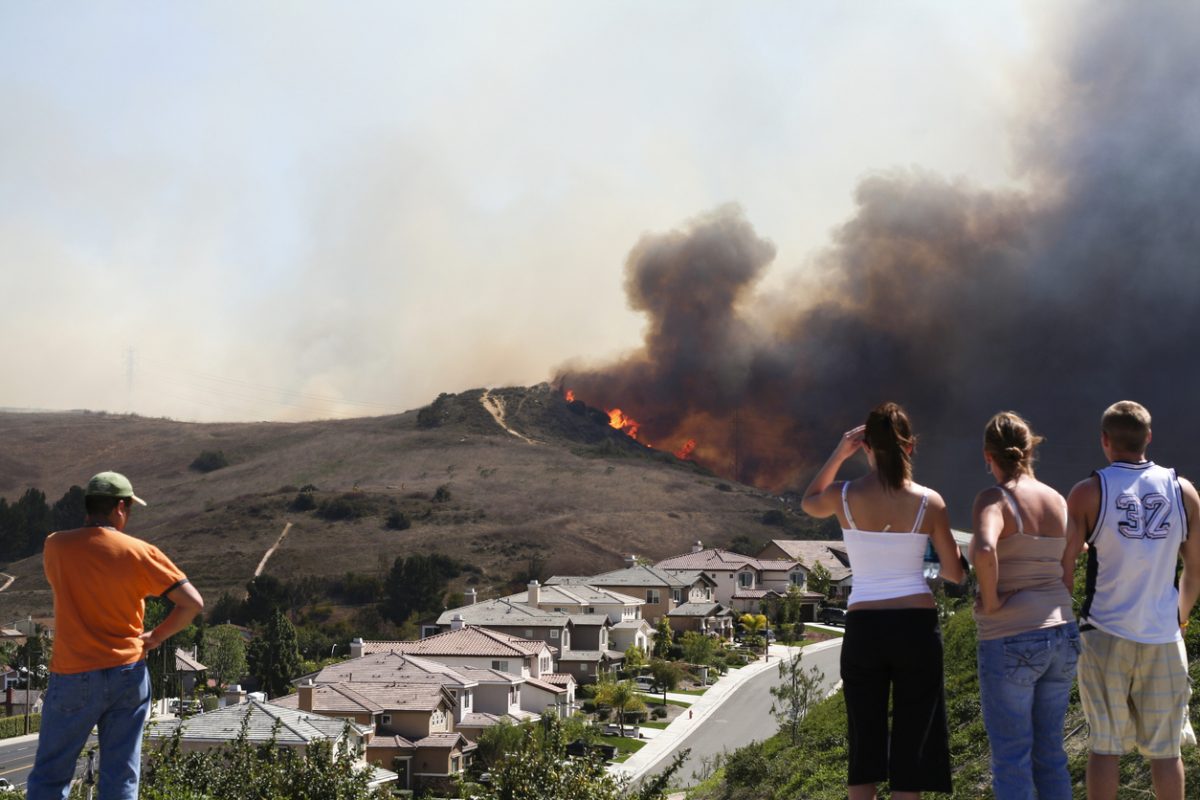
Agitation Management During the COVID-19 Pandemic: The Time for a Noncoercive Approach Is Now
Since the first cases of severe acute respiratory syndrome coronavirus 2 (SARS-CoV-2) were reported in Wuhan, China, in December 2019, we have witnessed an explosive expansion of novel coronavirus 2019 (COVID-19) throughout the world. The epidemiologic impact of the disease has been so intense that it has even disrupted health care systems. Attention to the mentally ill has sometimes been relegated to a neglected status since COVID-19 has been considered a priority.1
However, in the emergency services departments of general hospitals strongly affected by the pandemic, we are observing an increase in care for patients with psychomotor agitation. There may be several reasons behind this increase. On one hand, the general population in regions affected by the pandemic has been under severe psychosocial stress, and this is especially true for those who previously suffered from a mental disorder that may increase their vulnerability. Thus, in recent months, cases of psychotic patients with delusions related to SARS-CoV-2 infection have been reported.2 On the other hand, we cannot forget that COVID-19 is a multisystemic and potentially fatal disease. Delirium and psychomotor agitation are not uncommon in severely affected patients. In a recently published case series, Lovell and colleagues3 described that almost 50% of COVID-19 patients referred for hospital palliative care had symptoms of agitation.
In the current crisis, it is possible that health care workers who care for agitated patients may become easily overwhelmed and decide on a quick approach to end the episode of agitation. In many cases, this approach will involve resorting to physical restraint and sedative medication regimens, often administered parenterally without patient collaboration. Although this strategy may be effective in the short term, we believe it can lead to several problems. First, although physical restraint may be the only option in patients who pose a risk to themselves or others, in the medium term it could increase morbidity. It has been described that, in psychiatric patients under physical restraint, the risk of aspiration pneumonia and thrombosis may be increased.4 The risk could be even higher in patients with comorbid COVID-19 infection, considering the respiratory compromise and prothrombotic state that have been described in these patients.5 Likewise, oversedation could also increase these risks. Second, the experience of mechanical restraint can place emotional stress on not only patients but also health care professionals.6,7 Finally, physical restraint and administration of intramuscular medication imply close contact with the patient. This contact undoubtedly represents an increased risk of contagion both for the patient and for the attending health care staff.
For all these reasons, it is urgent and necessary that psychiatry services implement noncoercive management protocols for agitation, such as Project BETA (Best Practices in Evaluation and Treatment of Agitation), developed by Holloman and Zeller.8 Among the proposed recommendations, mention should be made of the use of verbal deescalation as the first choice and the introduction of environmental modification techniques. Physical restraint is always reserved as the last resort. Likewise, it is essential that the pharmacologic management of agitation is based on rational pharmacologic regimens that minimize the risk of oversedation. To the possible extent, it is important to achieve patient cooperation and to use routes of administration that reduce physical contact, such as oral or inhaled formulations. Psychiatry services are the most suitable for training health care workers in noncoercive management. Although the implementation of these measures requires time and effort, the resulting benefit to the physical and mental health of our patients and health care workers is priceless.
Received: June 28, 2020.
Published online: July 23, 2020.
Potential conflicts of interest: None.
Funding/support: None.
REFERENCES
1.Fagiolini A, Cuomo A, Frank E. COVID-19 diary from a psychiatry department in Italy. J Clin Psychiatry. 2020;81(3):20com13357. PubMed CrossRef
2.Fischer M, Coogan AN, Faltraco F, et al. COVID-19 paranoia in a patient suffering from schizophrenic psychosis—a case report. Psychiatry Res. 2020;288:113001. PubMed CrossRef
3.Lovell N, Maddocks M, Etkind SN, et al. Characteristics, symptom management, and outcomes of 101 patients with COVID-19 referred for hospital palliative care. J Pain Symptom Manage. 2020;60(1):e77-e81. PubMed CrossRef
4.Funayama M, Takata T. Psychiatric inpatients subjected to physical restraint have a higher risk of deep vein thrombosis and aspiration pneumonia. Gen Hosp Psychiatry. 2020;62:1-5. PubMed CrossRef
5.Connors JM, Levy JH. COVID-19 and its implications for thrombosis and anticoagulation. Blood. 2020;135(23):2033-2040. PubMed CrossRef
6.Chuang YH, Huang HT. Nurses’ feelings and thoughts about using physical restraints on hospitalized older patients. J Clin Nurs. 2007;16(3):486-494. PubMed CrossRef
7.Fugger G, Gleiss A, Baldinger P, et al. Psychiatric patients’ perception of physical restraint. Acta Psychiatr Scand. 2016;133(3):221-231. PubMed CrossRef
8.Holloman GH Jr, Zeller SL. Overview of Project BETA: best practices in evaluation and treatment of agitation. West J Emerg Med. 2012;13(1):1-2. PubMed CrossRef
aDepartment of Psychiatry, Hospital Universitario Ramón y Cajal, Madrid, Spain
*Corresponding author: Jorge Gómez-Arnau, MD, Department of Psychiatry, Hospital Universitario Ramón y Cajal. Crta. de Colmenar, km 9.100. 28034, Madrid, Spain ([email protected]).
Prim Care Companion CNS Disord 2020;22(4):20com02734
To cite: Gómez-Arnau J, Hernסndez-Huerta D. Agitation management during the COVID-19 pandemic: the time for a noncoercive approach is now. Prim Care Companion CNS Disord. 2020;22(4):20com02734.
To share: https://doi.org/10.4088/PCC.20com02734
© Copyright 2020 Physicians Postgraduate Press, Inc.
Enjoy this premium PDF as part of your membership benefits!




